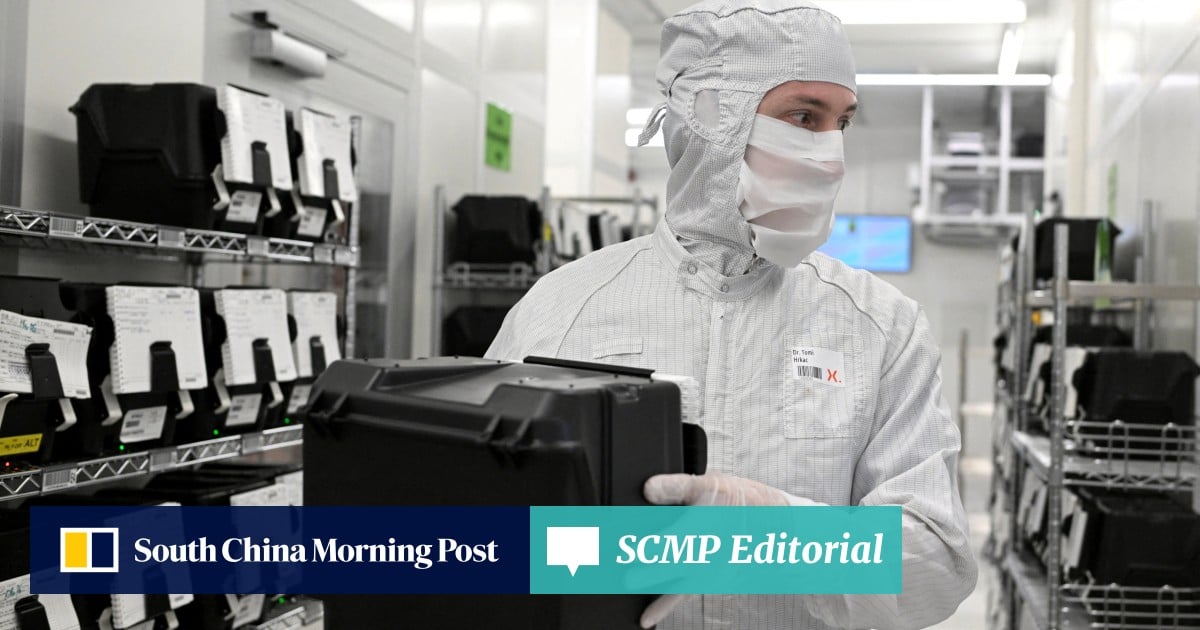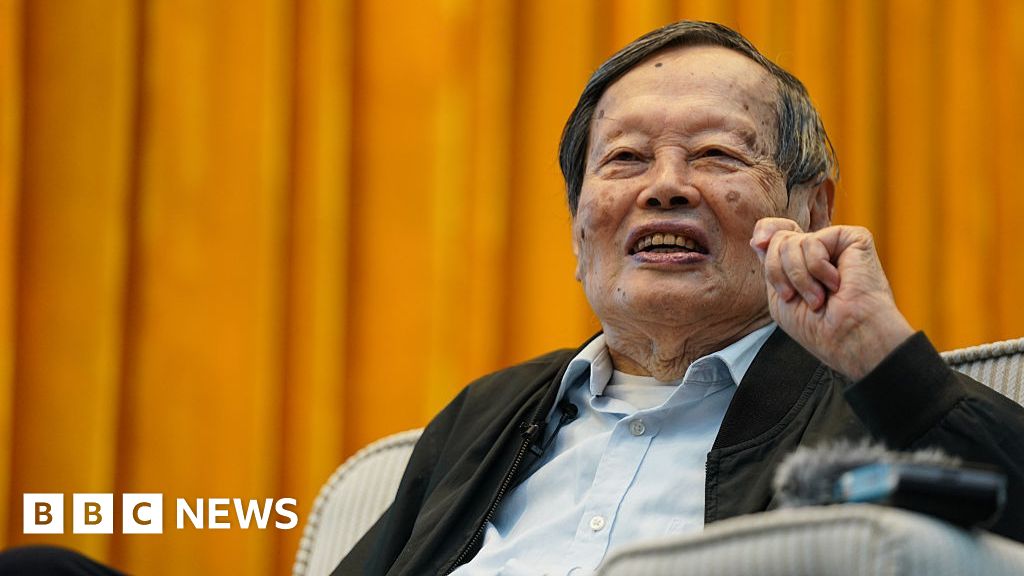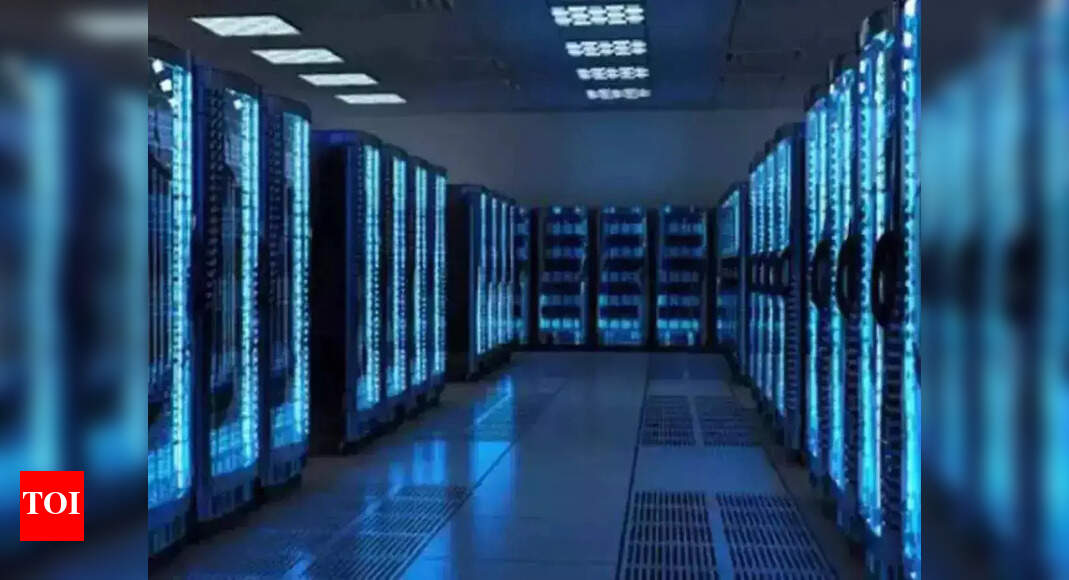The latest push by Brussels could apply to mainland companies seeking access to key digital, green tech and manufacturing markets such as electric cars, wind turbines and batteries. They could also be required to satisfy preset levels of use of EU goods or labour.
The Dutch seizure of Nexperia has elicited an angry response from Beijing, which is still smarting over the Dutch firm ASML’s refusal to sell its most advanced chipmaking equipment or service the systems already sold to Chinese customers, again under US pressure.
The Europeans seem ready for a trade war of their own with China, partly because Washington has demanded it. However, two other factors have collided and brought this about.
Europe is lagging in the races between the two superpowers over advanced chips and artificial intelligence. As part of the European Chips Act, which was finalised in 2023 and has allocated billions of euros to subsidise chip manufacturing and research on the continent, the EU aims to be more independent of the United States.


